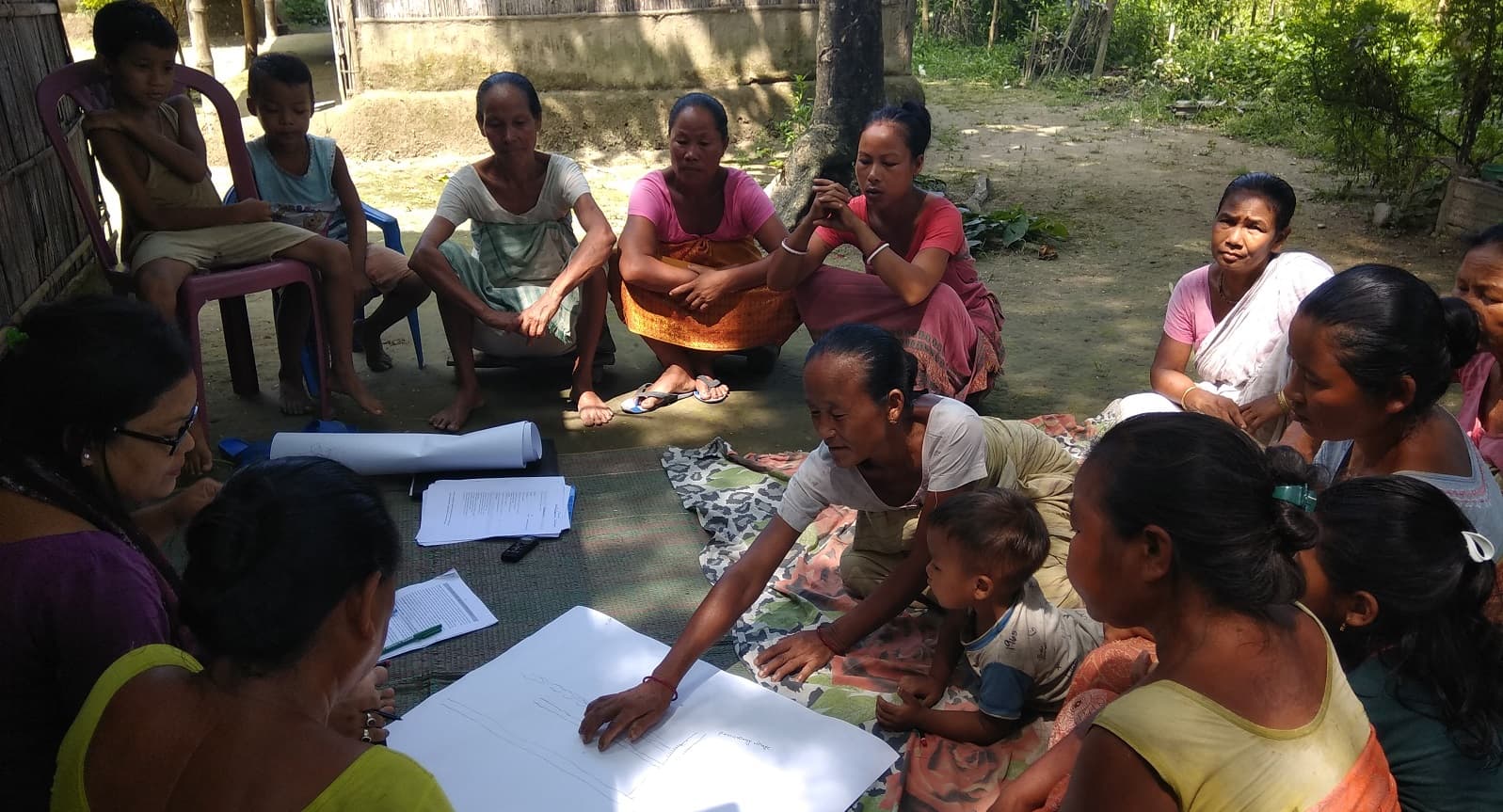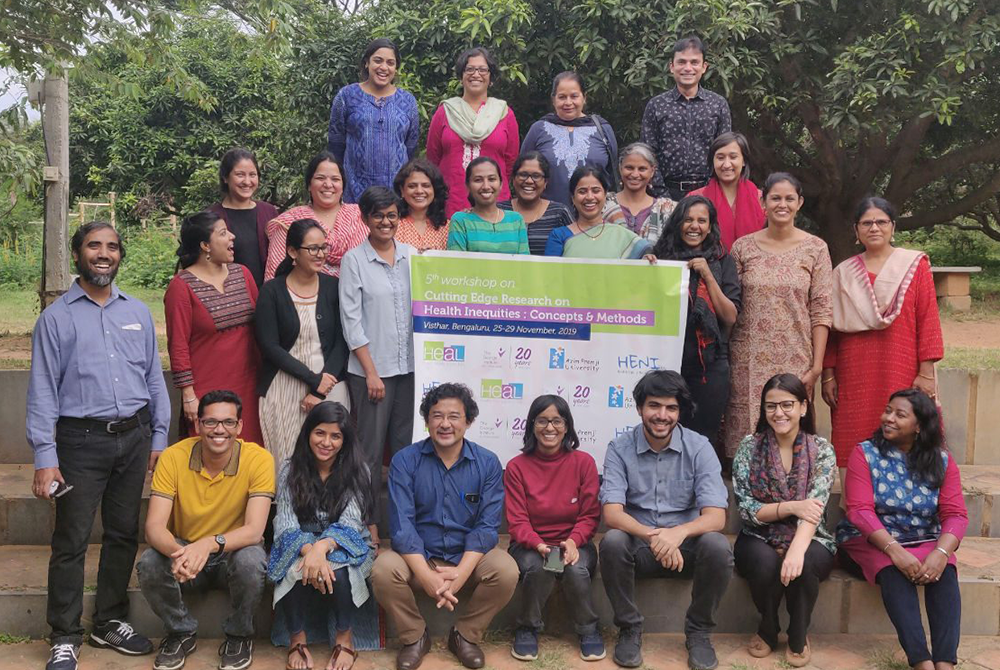
Health equity
Health equity is defined as “the absence of unfair and avoidable or remediable differences in health among population groups defined socially, economically, demographically or geographically.” Inequities in health are influenced by social determinants, with research suggesting that they can influence 30-55% of health outcomes, often outweighing the impact of healthcare or lifestyle choices. Key social determinants of health range from income, social protection, and education, to social inclusion and non-discrimination, structural conflict, and access to affordable healthcare.
In recognition of this, the George Institute is employing a trans-disciplinary approach toward researching and increasing equity in health systems, populations, and methods. By seeking to understand the production of inequalities and inequities utilising equitable research methods to ensure equitable access to healthcare for all communities, we can significantly contribute to health, wellbeing, and equitable social development for all.
In recognition of this, the George Institute is employing a trans-disciplinary approach toward researching and increasing equity in health systems, populations, and methods. By seeking to understand the production of inequalities and inequities utilising equitable research methods to ensure equitable access to healthcare for all communities, we can significantly contribute to health, wellbeing, and equitable social development for all.

Equitable research for equitable outcomes
The George Institute’s Health Equity Program utilises global, multi-disciplinary research initiatives, spanning mutiple countries, to improve health and well-being outcomes. Health Equity Action Lab (HeaL), is a research and reform program that aims to improve equity in health systems across the globe. By focusing on social development and systemic issues, we aim to offer practical and equitable solutions to health concerns across the globe.
The Health Equity Action Lab (HeaL) strives to:
- Analyse health inequalities to identify contributing factors and develop actionable strategies for inclusion
- Collaborate with key interest-stakeholders and actors across levels of health systems to strengthen capacities and drive systemic changes in health systems
- Develop tools to address the impacts of health interventions and improve equity-driven outcomes
- Document and reflect on research ethics to inform and enhance future practices




